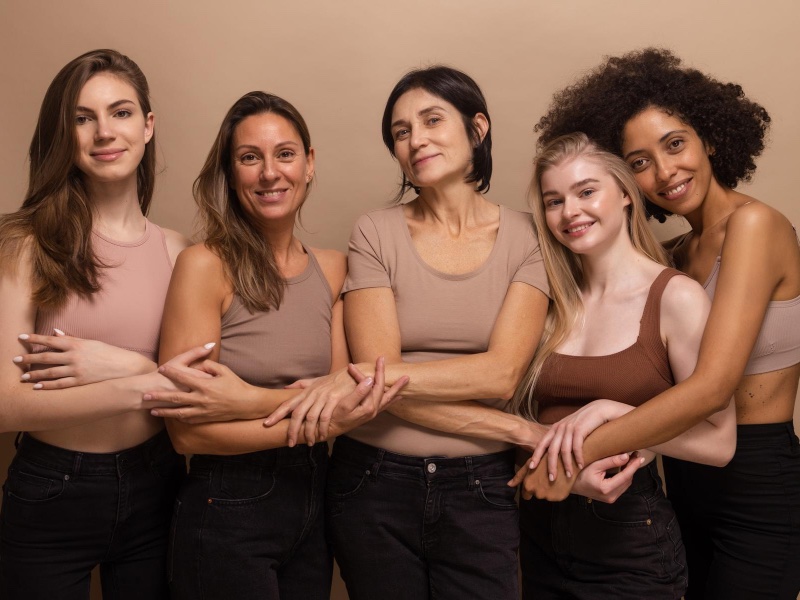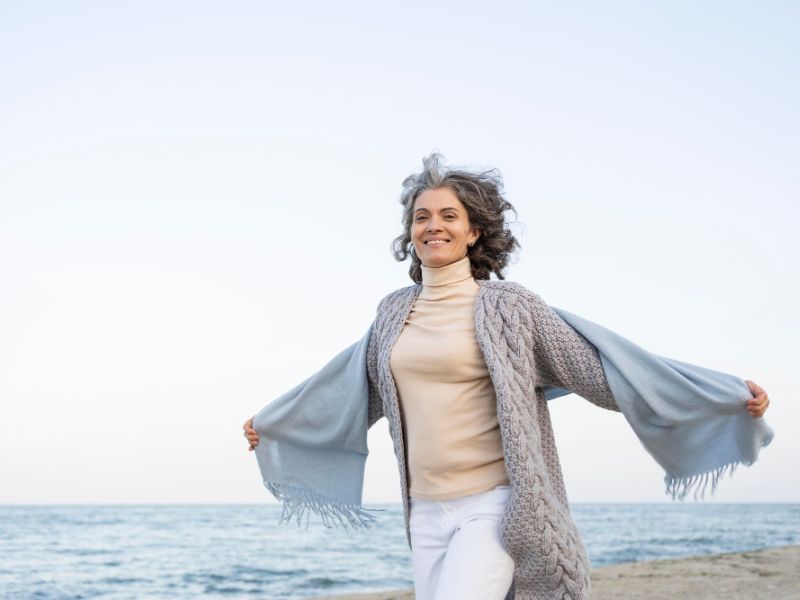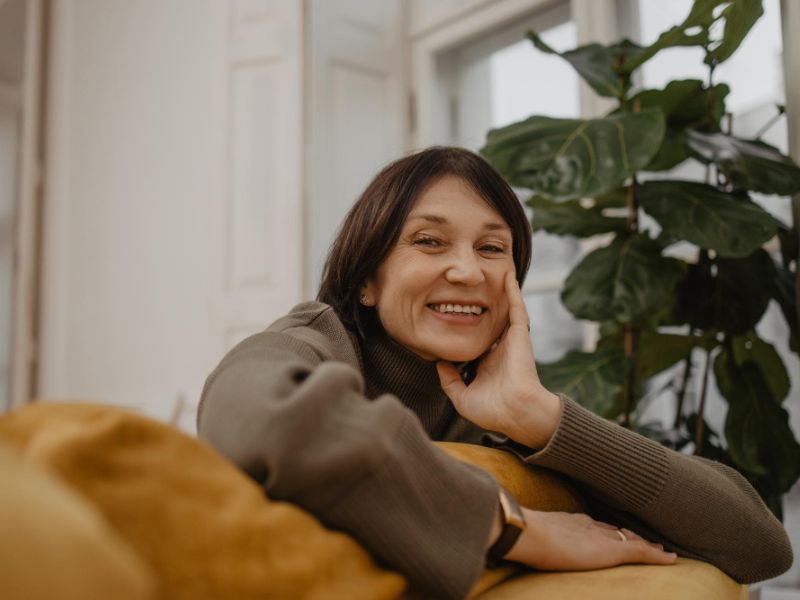Article by Lori Meakin, Founder of Joint
I look back with horror on previous generations, when girls simply weren’t educated about periods and pregnancy, thankful that the days of women being so ignorant about our own bodies are over.
Except they’re not. Because even though I’m generally pretty well-educated, I’m embarrassed to say that I had ro real understanding of what menopause was, even when it was happening to me!
I knew your periods stopped, but I didn’t know they went on a rollercoaster ride from heavy to light for years beforehand. I knew hot flushes happened; but I didn’t realise that’s what those moments of sudden, profound claustrophobia I’d started feeling were. And I had no idea that other things like the terrible vertigo I’d been experiencing were amongst the 30+ symptoms of menopause.
My doctor had never thought to piece different things together either, so I guess I shouldn’t feel too ashamed of my ignorance. And shame is something that swirls around menopause far too much, just as it does about so many aspects of women’s bodies.
Now that I do understand more, I’ve decided my shame at my ignorance far outweighs any shame I’ve been made to feel about menopause itself, and there are three key reasons why I’m happy to speak openly about it:
-
I don’t want the next generations of women to be shamed into ignorance about their own bodies
Younger generations of women inspire me immensely, partly because they’re less likely than my generation was to smile sweetly and put up with the difficulties and dangers caused by systemic sexism, whether in the workplace or broader society. So, I hope they’re less inclined to feel shame about two entirely natural things: growing older, and the way our reproductive systems work.
But you can’t challenge what you don’t see, and although my social feeds are full of brilliant midlife women campaigning and educating on menopause, the algorithms just won’t be serving that content up to women in their teens, 20s and 30s. Forewarned is forearmed, but unless younger women actively seek out menopause information, they’ll be unprepared for this inevitable part of life until it hits them, sometimes earlier than they might expect. Most women’s menopause happens between ages 40 and 58, but physical changes begin years before their final period with the perimenopausal transition lasting 4 to 8 years. And the NHS estimates one per cent of women under 40 experience premature menopause.
So younger women talking about midlife and menopause as naturally and openly as they do about periods and childbirth has got to be a good thing for all of us.
-
I want us all to be able to better manage the impact of menopause
All women could be more aware of the range of menopause experiences and how they can be managed, including recognising the particular impacts menopause has on women of colour. Great work is being done by women like Davina McCall, Mariella Frostrup, Omisade Burney-Scott, and brands including My Menopause Centre, WACL and Hylda so all women can approach their own menopause from a position of positivity and empowerment.
But we can’t leave everything to individual women; we need workplaces to develop better policies and practices too. Right now, “99% of women feel their perimenopausal or menopausal symptoms led to a negative impact on their careers, with more than a third describing the impact as significant. One in five women passed on the chance to go for a promotion they would have otherwise considered, 19% reduced hours and 12% resigned.” Aside from the moral argument, it simply doesn’t make business sense to be losing valuable midlife women this way.
And we still need to improve awareness within the medical community to end the systemic gaslighting too many women report. Recent changes mean that from the 2024/25 academic year, teaching specifically relating to women’s health will become mandatory for all medical students. But it needs to be mandatory for those already practising too if we’re to close the damaging gender gap in NHS services as quickly as women deserve.
-
I’d love us to be able to celebrate what our hormones do, not fear and judge them
Too often, “hormonal” is still used to criticise women, suggesting we’re not in control, not to be trusted or are too emotional. Of course, equating our hormones with negativity is damaging in all kinds of ways. It also ignores the fact that testosterone is a hormone too, one that all of us have, that fluctuates and drives all kinds of reactions – some positive, some less so.
But it’s also untrue that oestrogen is always a problem: it does all kinds of complex things, some of which are amazing, including recent discoveries about oestrogen’s links to the immune system and heart health.
So let’s change the narrative around our hormones. As all of us have a mix of both oestrogen and testosterone, we could all, regardless of our gender, learn to use the positives of each and manage the negatives better.
We need to start talking in a spirit of openness and learning and stop the fear and judgement that has swirled around our bodies and our hormones for centuries.









